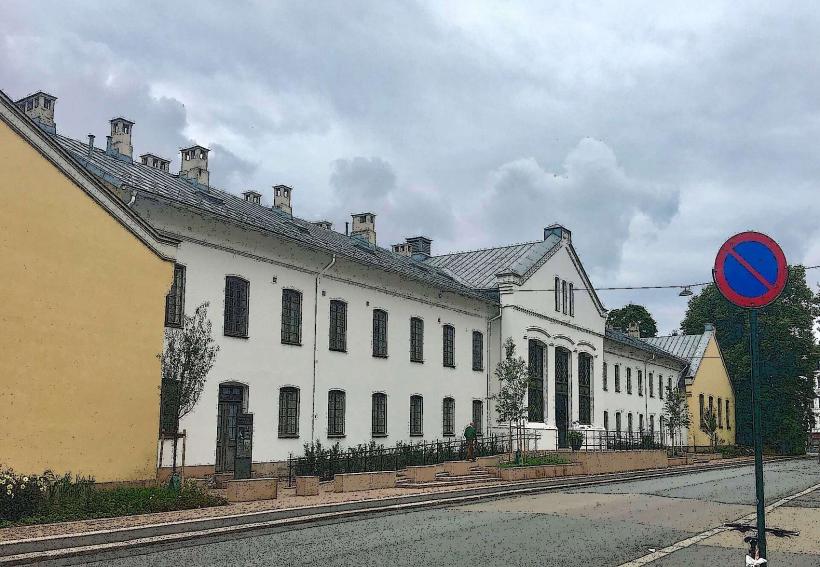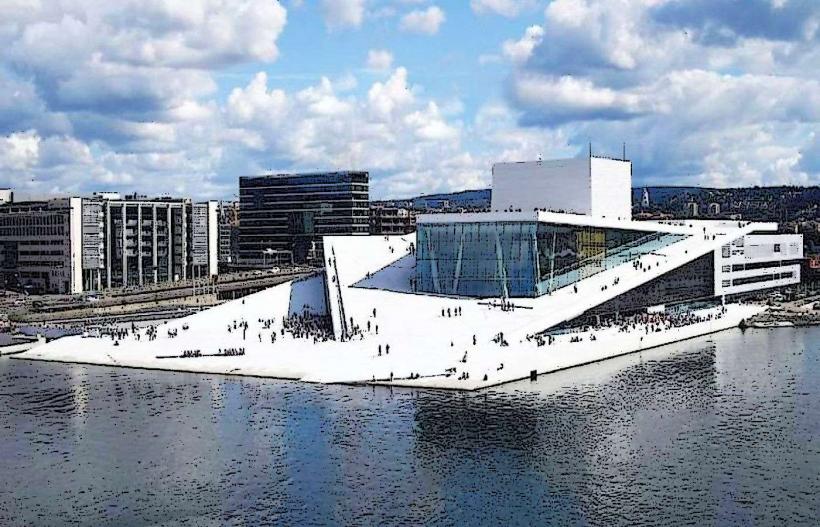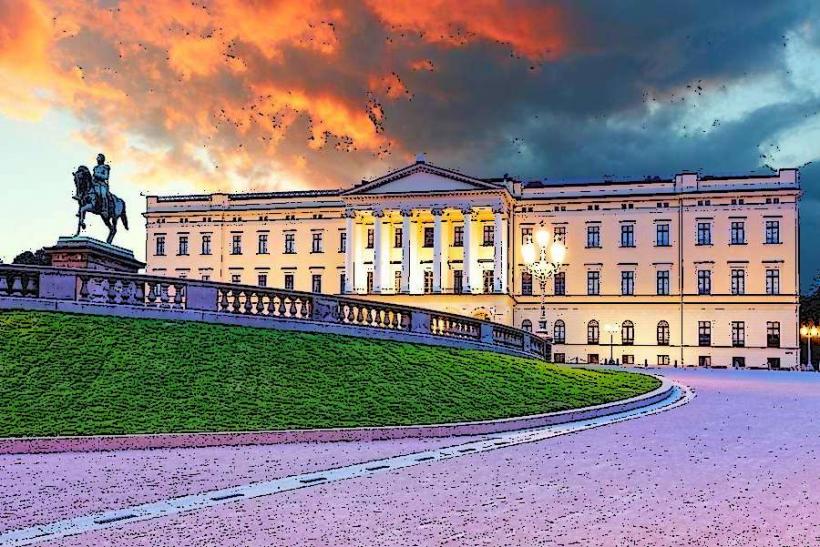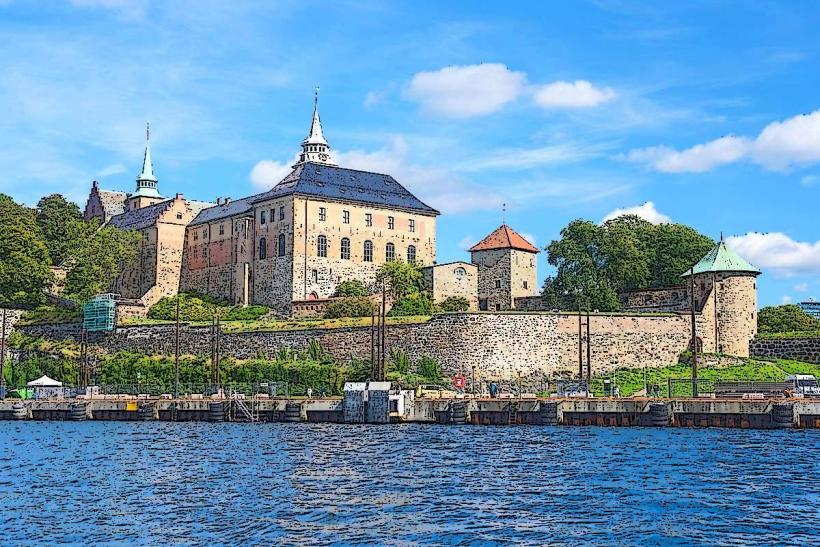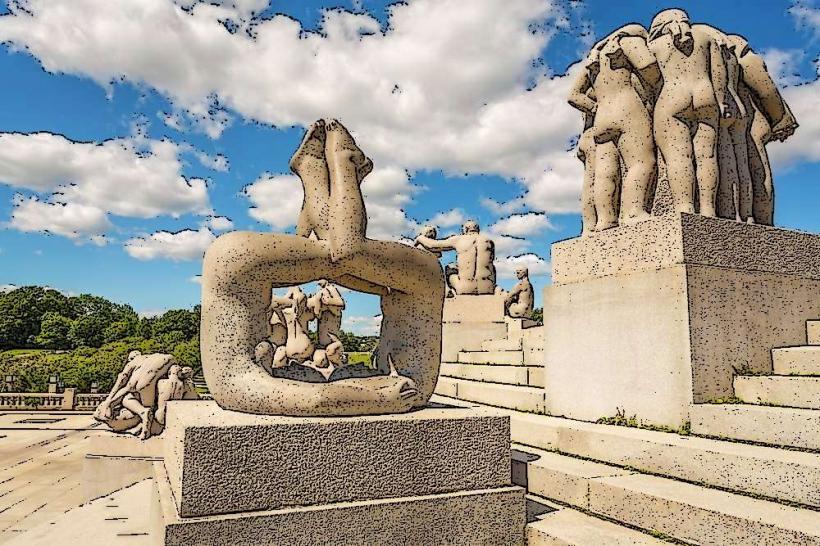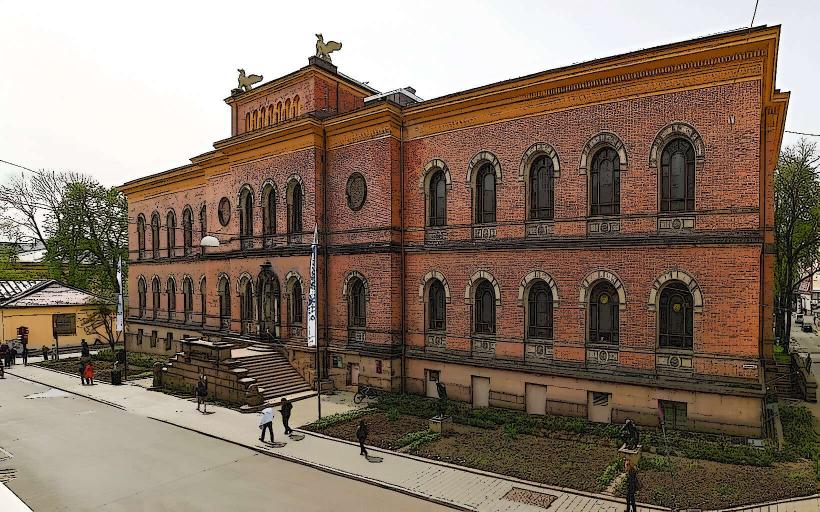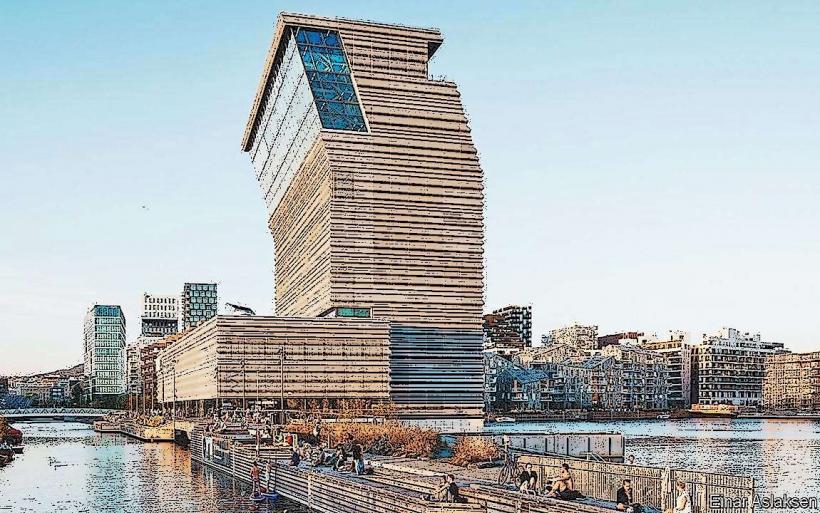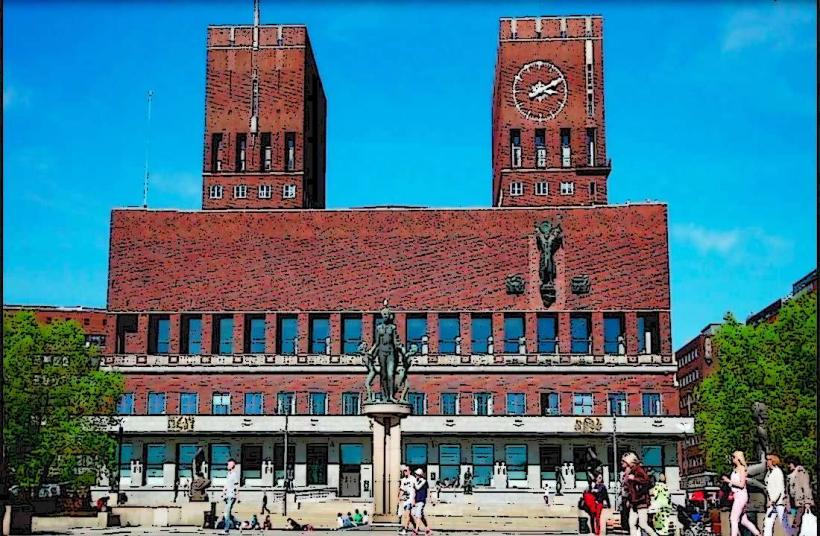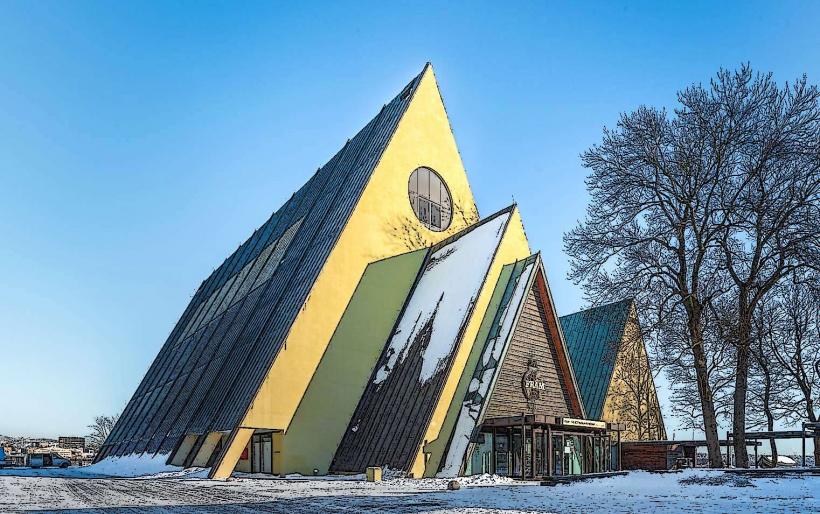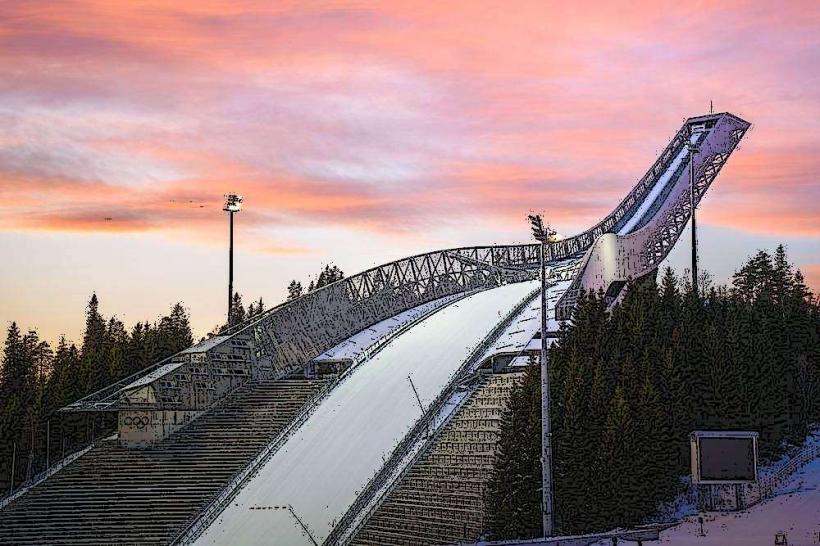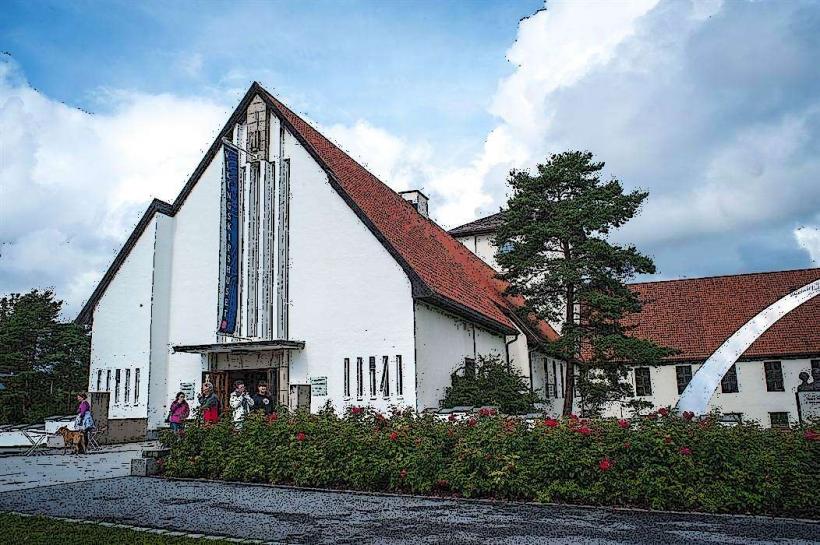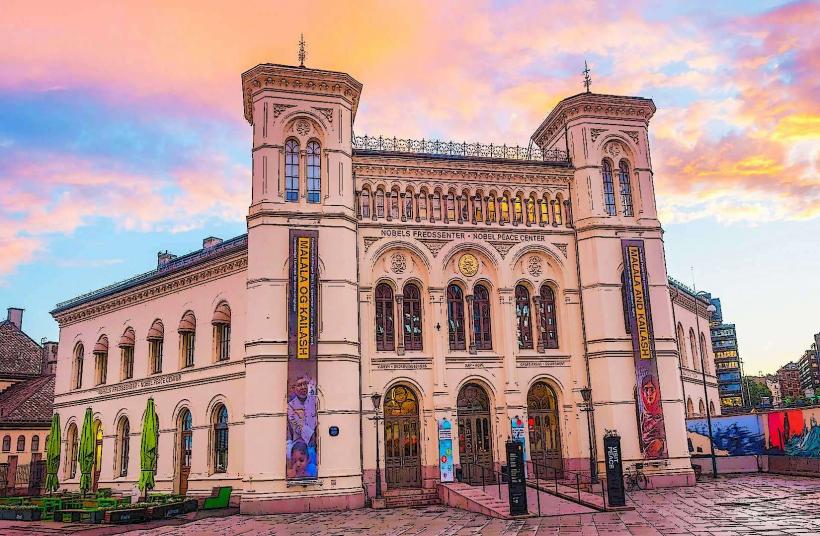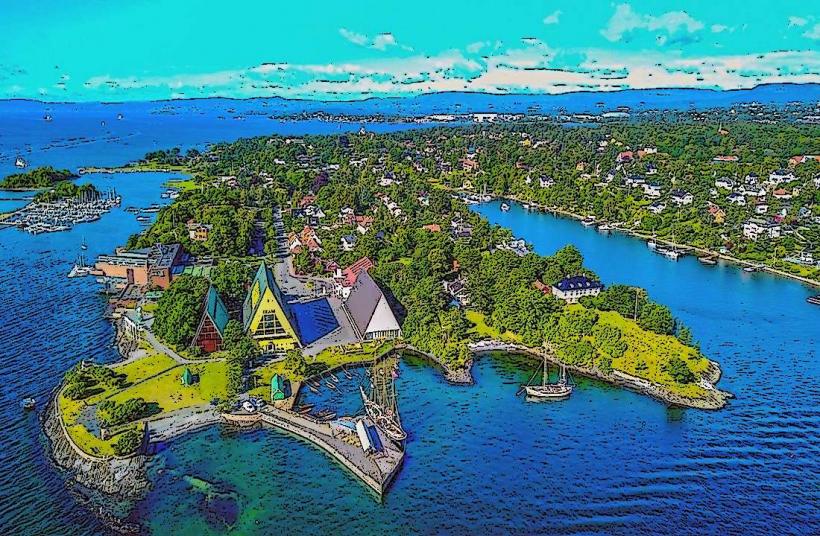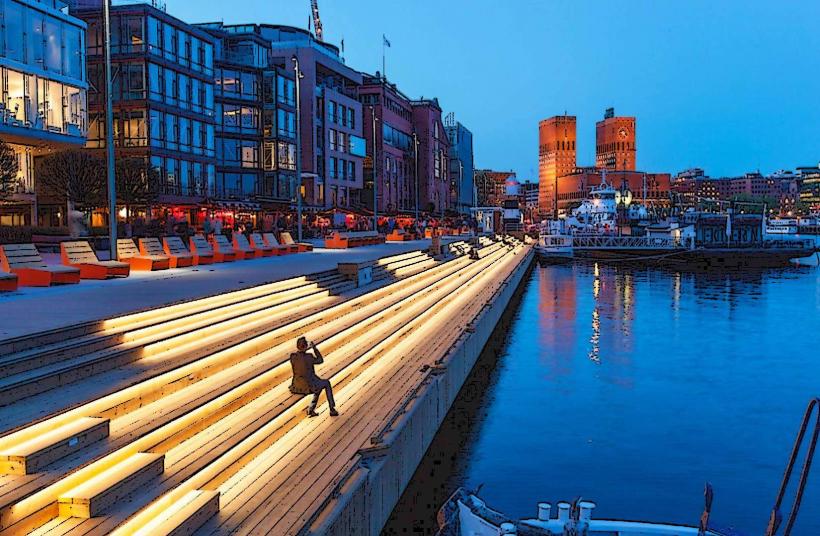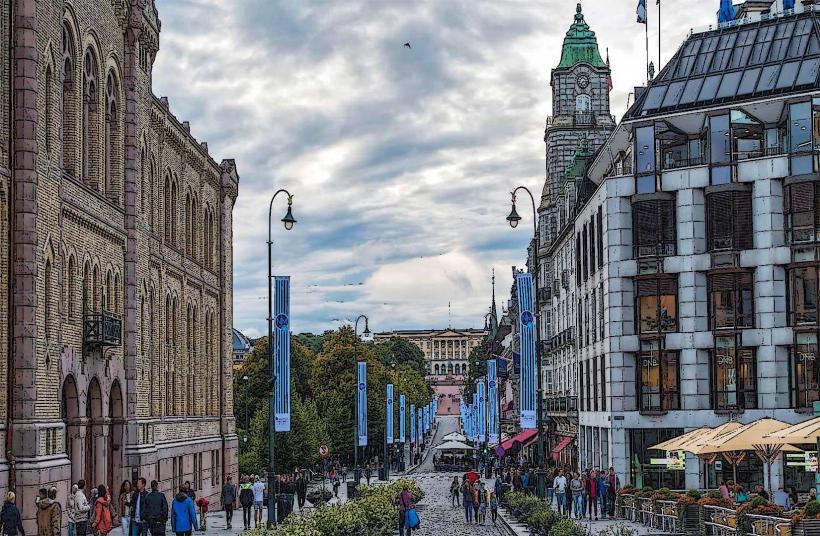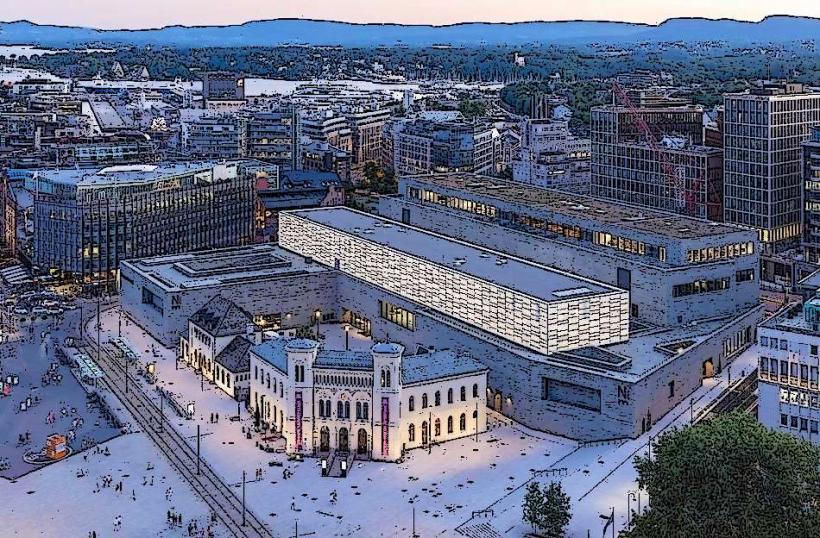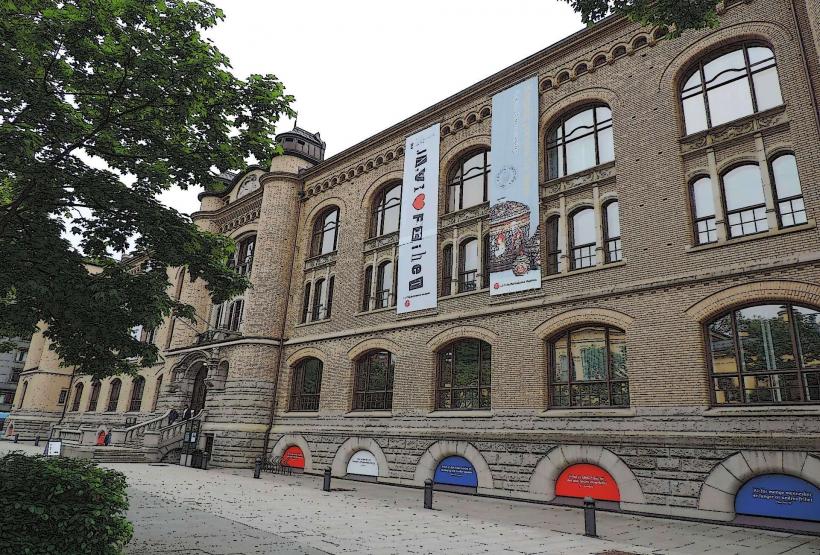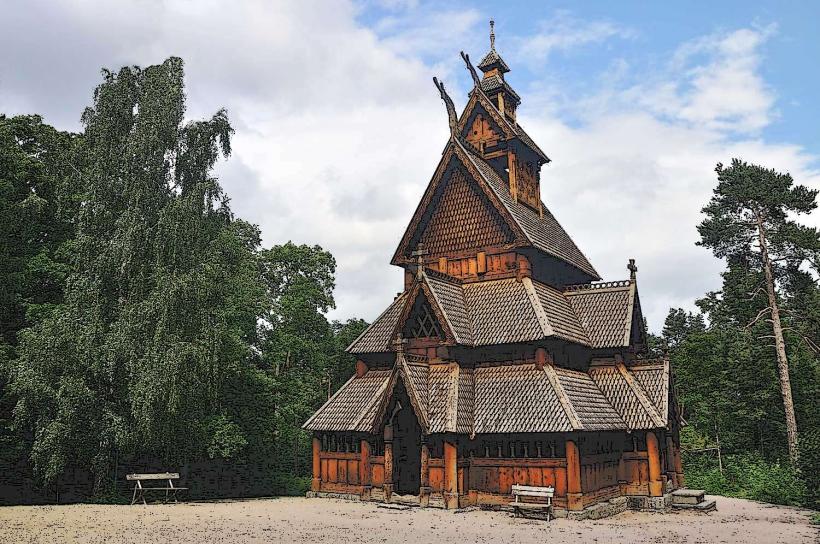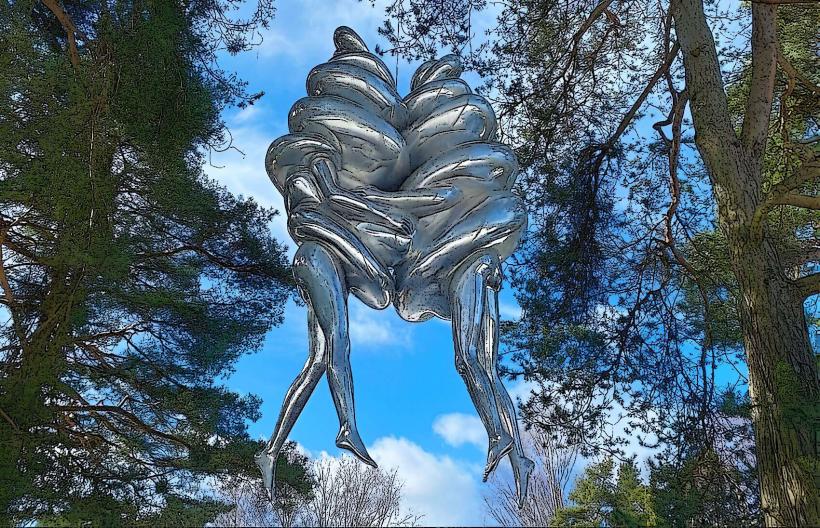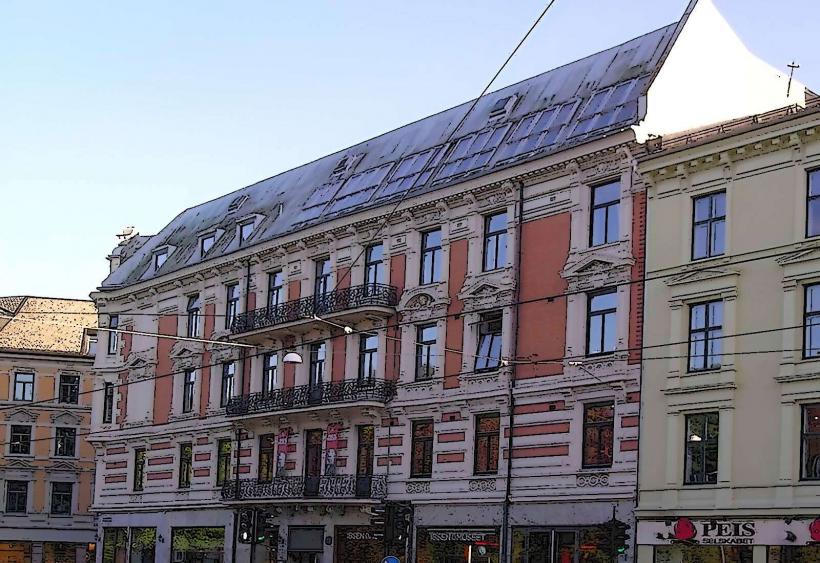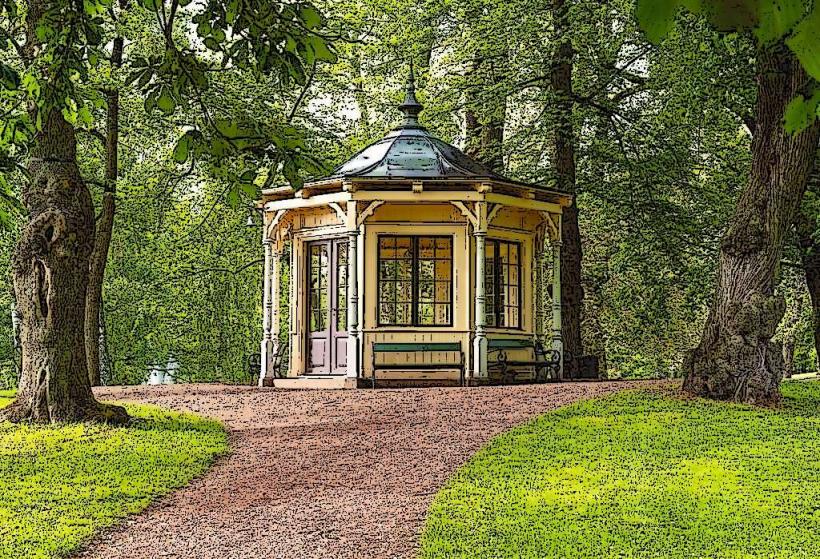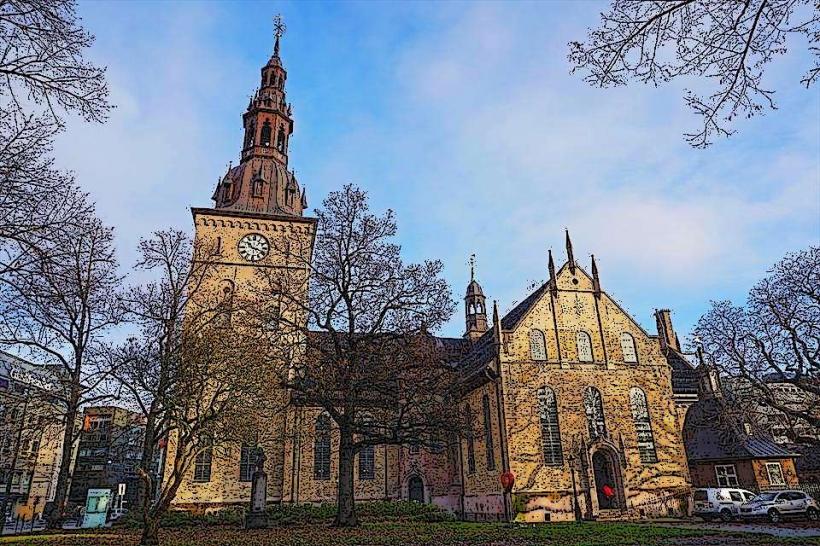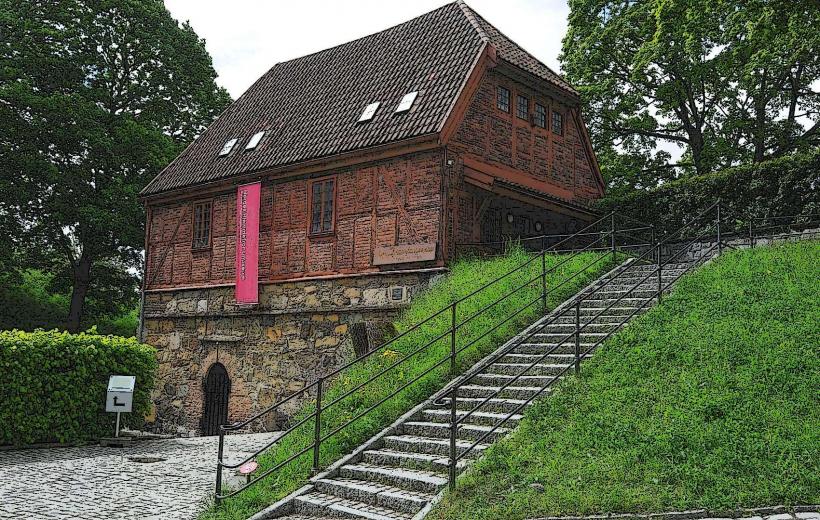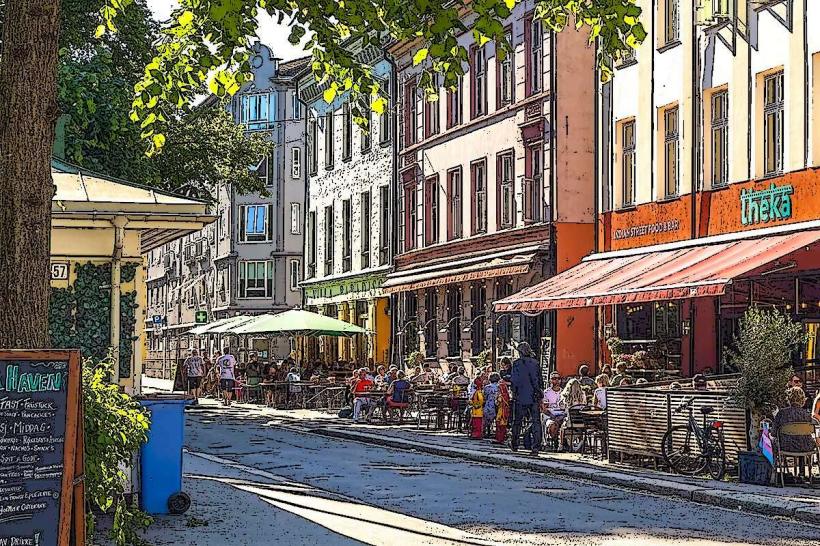Information
City: OsloCountry: Norway
Continent: Europe
Oslo, Norway, Europe
Oslo serves as the capital and most populous city of Norway. It functions as the nation's political, economic, and cultural heart, characterized by its rapid urban expansion, pioneering "green" infrastructure, and its unique geography nestled between the Oslofjord and the forested hills of Nordmarka.
Historical Timeline
Founded around 1040, the city was devastated by fire in 1624 and rebuilt as Christiania by King Christian IV. The primary event shaping its modern urban form was the Fjordbyen (Fjord City) project initiated in the early 21st century, which reclaimed industrial waterfronts for residential and cultural use. In 2019, Oslo served as the European Green Capital, accelerating its transition toward a car-free city center.
Demographics & Population
The population is approximately 715,000 in the municipality and 1.1 million in the Greater Oslo region (2026 estimate). The demographic is highly diverse; approximately 33% of the population consists of immigrants or children of immigrants, with significant communities from Pakistan, Poland, Somalia, and Sweden. The median age is approximately 34 years.
Urban Layout & Key Districts
Oslo is divided into 15 boroughs. Key districts include:
Sentrum: The commercial core and site of the National Parliament (Stortinget).
Bjørvika: The modernized waterfront featuring the Opera House and Munch Museum.
Grünerløkka: A former industrial area now serving as a hub for design, cafes, and nightlife.
Majorstuen/Frogner: Upscale residential districts with high-end boutiques and the Vigeland Park.
Aker Brygge/Tjuvholmen: A sophisticated harbor-front area known for dining and contemporary art.
Top City Landmarks
Oslo Opera House: An architectural landmark with a sloping white marble roof accessible to pedestrians.
MUNCH: A 13-story museum dedicated to Edvard Munch, housing multiple versions of The Scream.
Vigeland Sculpture Park: Located within Frogner Park, featuring 212 bronze and granite sculptures by Gustav Vigeland.
The Royal Palace (Slottet): The official residence of the Norwegian monarch.
Holmenkollen Ski Jump: A landmark ski jump offering panoramic views of the fjord and an integrated ski museum.
Transportation Network
Movement is managed by Ruter, a unified system covering the T-bane (Metro), trams, buses, and local ferries. The city center is largely pedestrianized and heavily restricts private cars. Air travel is serviced by Oslo Airport (OSL), located 47 km north and linked by the Flytoget high-speed train (20 minutes). Oslo is a global leader in electric vehicle (EV) adoption, with the highest per-capita EV ownership in the world.
Safety & "Red Zones"
The safety level is high. There are no "red zones." Standard urban awareness is advised in the Grønland and Nedre Elvebakke areas late at night, and the area around the central station (Jernbanetorget) remains a gathering point for marginalized populations, though violent crime is rare.
Digital & Financial Infrastructure
Average internet speed is 200–1000 Mbps via fiber-optic. Main carriers are Telenor and Telia. Norway is nearly 100% cashless. Credit cards and mobile payments (Vipps/Apple Pay) are accepted everywhere, including small kiosks and public toilets.
Climate & Air Quality
Temperatures range from -5°C in winter to 22°C in summer. The "Oslo Winter" is characterized by consistent snow and short daylight hours. Air quality is exceptional, largely due to the city's aggressive anti-pollution measures and the surrounding forest buffer.
Culture & Social Norms
Tipping is not required; a 5–10% tip for dinner service is a voluntary gesture for good service. The culture is defined by Friluftsliv (outdoor life); on weekends, the metro is often filled with residents carrying skis or hiking gear toward the forest. Social life is focused on the waterfront and the "Oslolove" pride in urban inclusivity.
Accommodation Zones
Sentrum/Bjørvika: Stay here for proximity to transit and major museums.
Grünerløkka: Stay here for a local, trendy atmosphere.
Frogner: Stay here for a quiet, luxury experience.
Local Cost Index
1 Espresso: 45 – 60 NOK
1 Standard Lunch (Cafe/Deli): 180 – 300 NOK
1 Pint of Beer: 110 – 160 NOK
1 Day Pass (Public Transport): 127 NOK
Nearby Day Trips
The Fram Museum/Bygdøy Peninsula: 15 minutes by ferry/bus (Polar exploration history).
Drøbak: 45 minutes by bus/boat (Picturesque wooden-house village on the fjord).
Kistefos Museum: 1 hour by car (Sculpture park and "The Twist" gallery).
Facts & Legends
Oslo is the only city in the world to host the Nobel Peace Prize ceremony (all other Nobel Prizes are awarded in Stockholm). Local legend says the city's protector, St. Hallvard, died defending a woman, while a verified historical fact is that Oslo's forest (Nordmarka) is legally protected from development, ensuring every resident lives within 15 minutes of nature.

